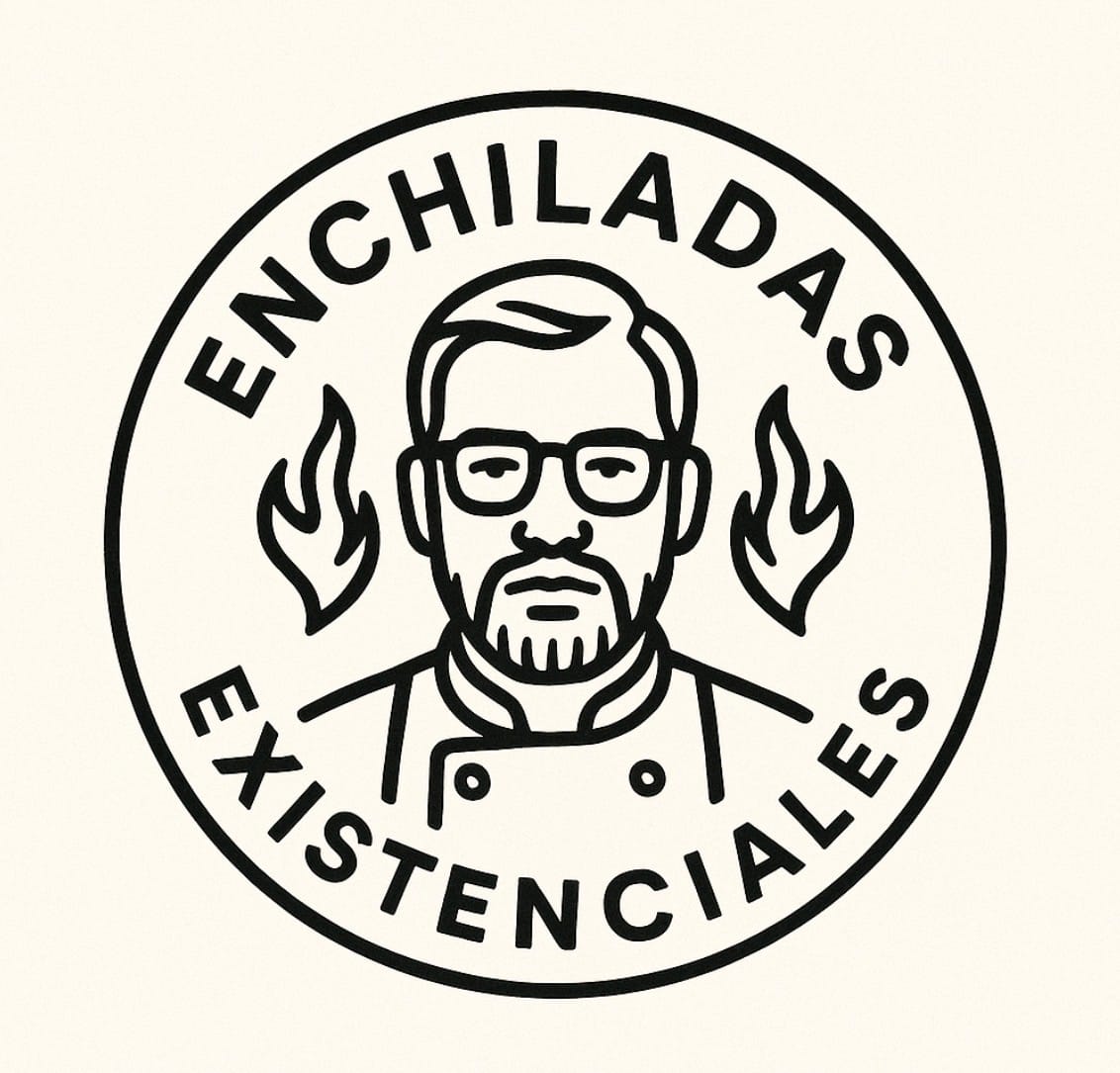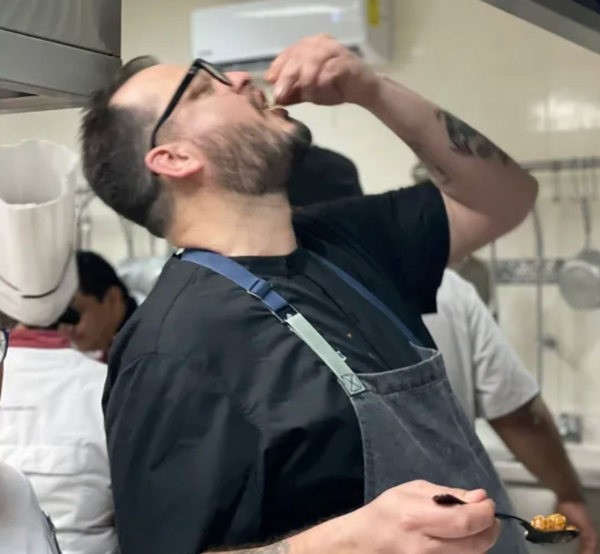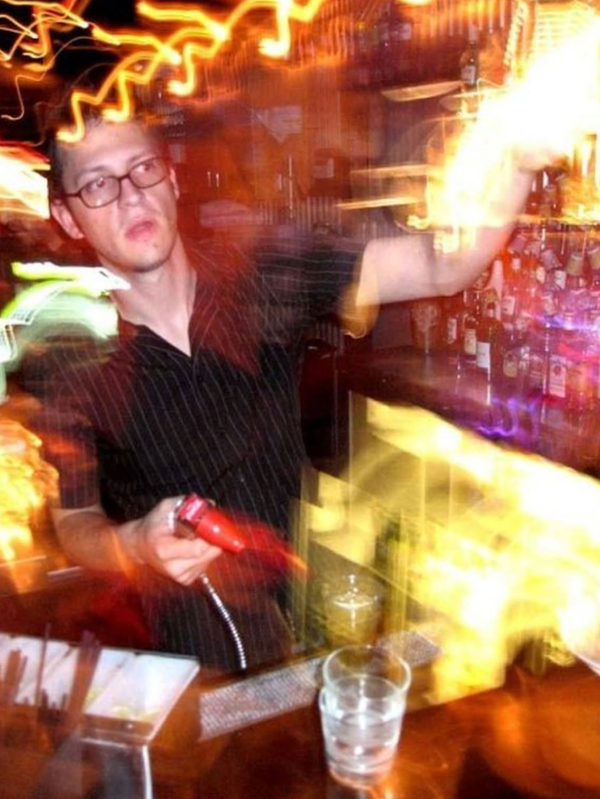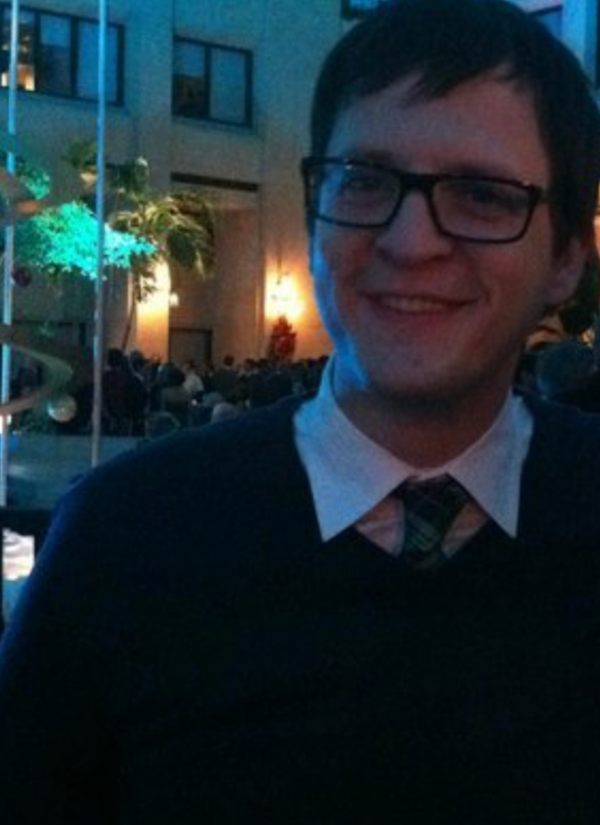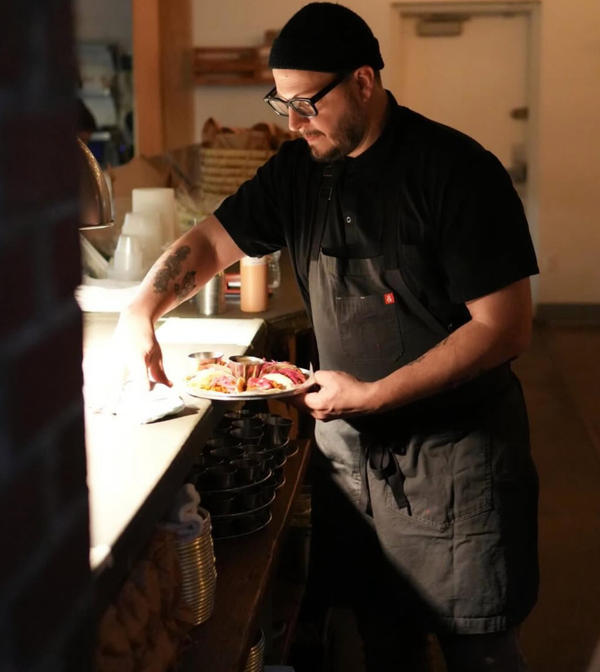What We Burn to Keep the Flame Alive
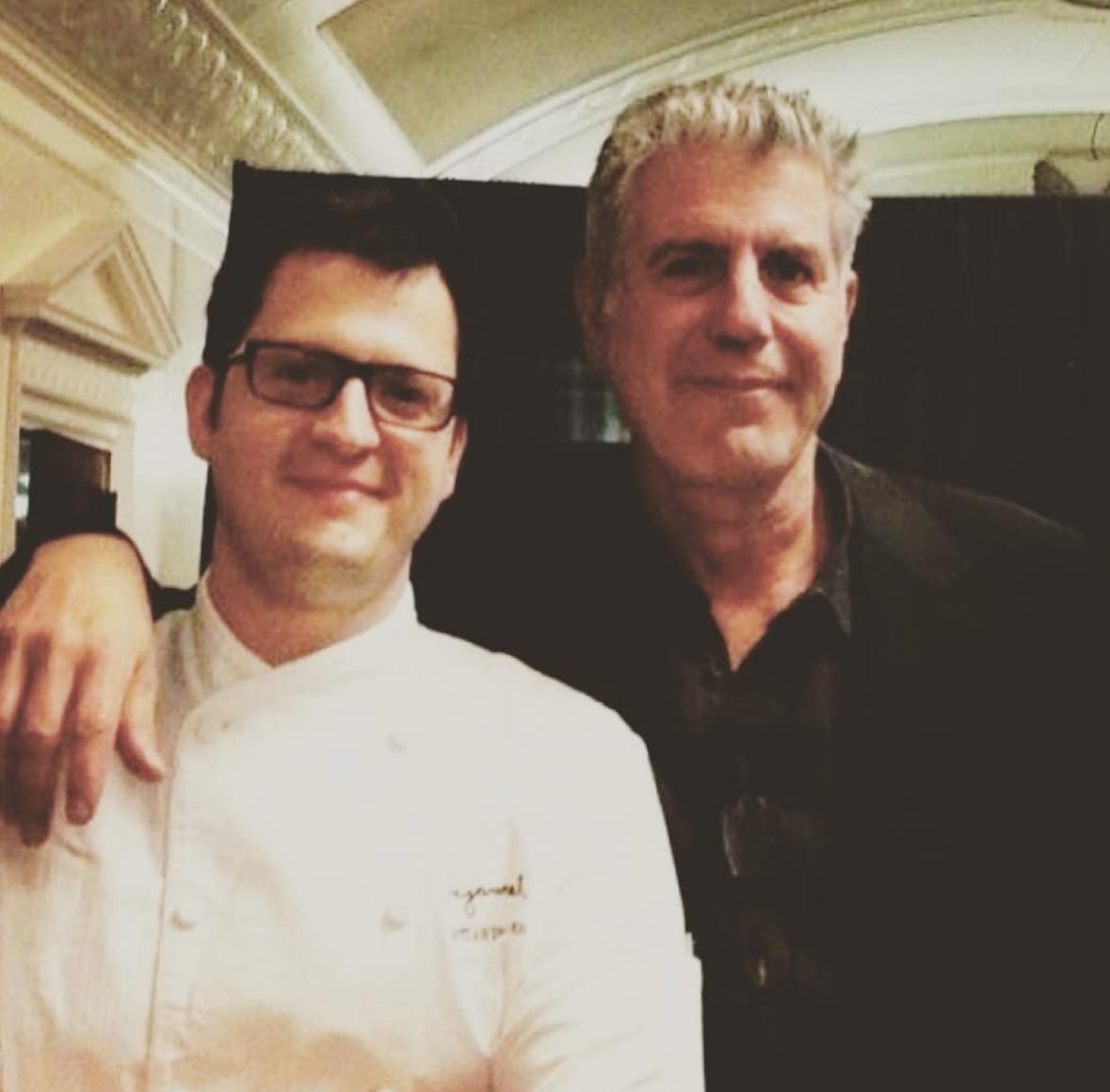
November is Mental Health Month, something I used to roll my eyes at. For years, I thought mental health was a luxury or something for people who had time (and money) to take breaks, go to therapy, light a candle, breathe. In the restaurant world, you don’t get to pause. You just keep going. The kitchen doesn’t care about your anxiety, your heartbreak, or the panic attack brewing behind the walk-in door. You show up, tie your apron, and perform. Every night. No matter what it costs.
But at some point, the bill always comes due.
I’ve burned myself in every way a person can: physically, emotionally, spiritually. The pursuit of excellence, of artistry, of proving I deserved a seat at the table; it all came at a cost I didn’t understand until I was already too deep in it. The deeper I chased greatness, the less I had any left for myself. The restaurant became everything. The place I loved, and the place that broke me.
When I think about that, I think about Anthony Bourdain, and how he wasn’t just a voice for cooks. He was a projection. For so many of us, he gave words to the things we were too proud or too ashamed to admit. He made our darkness feel seen, our chaos feel poetic. His writing didn’t glamorize the pain; it humanized it. He gave us permission to feel both disgust and awe for this life and to understand that beauty and brutality can coexist.
His brutal, unfiltered honesty shaped the way I move through kitchens. He reminded me that there’s integrity in transparency, that strength isn’t about pretending to be okay but admitting when you’re not. Every time I talk about the hard stuff, the burnout, the heartbreak, the fear, I think of him. Because he was one of the few who showed us that honesty in this industry isn’t weakness; it’s rebellion, but rebellion has a cost too.
I fell in love once. Truly, deeply. I thought we understood each other. For a while, we did. But love, like restaurants, can turn volatile when ego, ambition, and fatigue take over. I wasn’t perfect. I worked too much, disappeared into the chaos, mistook devotion for discipline. But she wasn’t fully in the clear either. There were choices made. Selfish ones, careless ones, that cracked the foundation before either of us could see it happening. We were both burning at different ends of the same match, pretending it was passion when it was just exhaustion.
The restaurant didn’t destroy us on its own; it just exposed what was already fragile. The late nights, the distance, the constant noise, the realization we were chasing very different things. It all made space for resentment to grow. And when things finally fell apart, I realized we’d both stopped showing up long before the papers were signed. It wasn’t just the loss of the relationship, it was both of us choosing, in our own ways, to let the fire go out.
That loss was still brutal. It tore through me. But grief has layers. Anger, sadness, relief, guilt, and I felt all of them at once. There were nights when I’d walk out of service, body rattled from adrenaline, and felt the silence at home hit like a punch. The kind of quiet that hurts. The kind that makes you question every decision that led you there.
The mental toll was relentless. I’d show up to the kitchen running on fumes, going through the motions, plating everything I had struggled to get to while feeling absolutely nothing. It’s a dangerous kind of numbness, the one that convinces you you’re functioning when you’re really just barely surviving. I drank more, smoked more, and filled every silence with noise. I told myself I was doing it for the restaurant, for the dream, for the team. Really, I was just trying to fill the space left behind.
It took time and therapy, mezcal and friends who refused to let me vanish, to find my footing again. Slowly, I started to see the people who had been there all along: my team, my friends, the community that kept showing up. I started to recognize that gratitude isn’t just about what did happen, but what didn’t. The fires that didn’t spread. The nights that didn’t implode. The moments I almost quit but didn’t.
That’s the lesson I keep coming back to. Always celebrate what didn’t happen. To find grace in the stillness. We spend so much time measuring ourselves by productivity. How many covers we did, how many accolades we earned, how many hours we worked, that we forget the simple victory of being here. Of surviving.
The dark moments still come. The loneliness, the late nights, the echo of an empty apartment after the noise of service fades. But I’ve learned to stop confusing loneliness with solitude. Solitude can be beautiful. It’s where the noise quiets enough for you to hear your own pulse again.
Every day, I’m still learning how to be human. Not just a chef, not just a leader. A Human. Messy, imperfect, constantly in flux. Learning that perfection is a myth we invent to hide our fear. Learning that the real work isn’t cooking the perfect dish, it’s forgiving yourself for burning it sometimes.
Recovery isn’t glamorous. It’s small steps, slow mornings, admitting when you’re tired, asking for help when you don’t want to. Recognizing the tribe that is really there for you and not just the idea of you. It’s finding joy in the simplest things: a laugh in the prep kitchen, a song that hits right during service, a meal that reminds you of home. It’s understanding that the flame doesn’t have to burn you to keep you warm.
These days, when I feel the edge of burnout creeping in, I remind myself of something from a book that changed how I see it all. The Subtle Art of Not Giving a F*ck. It taught me that caring about everything is just another form of ego. You can’t give your energy to everything. You have to choose what matters, what (and who) deserves your fire.
I still burn. Just not for everything, not for everyone. And in that choice, I’ve found peace.
La Ofrenda: Thoughts and Books
On Recovery: Burnout isn’t failure, it’s feedback. Listen to what it’s trying to tell you.
On Self-Worth: Productivity isn’t proof of value. Sometimes the most radical act is rest.
On Joy: Find it in the cracks, the imperfect, the quiet, the small things that don’t make the headlines.
Book Recommendation: The Subtle Art of Not Giving a F*ck by Mark Manson. A reminder that our energy is sacred, and choosing where to spend it might be the most powerful act of all.
Because what we burn to keep the flame alive says everything about who we are and who we still hope to become.
